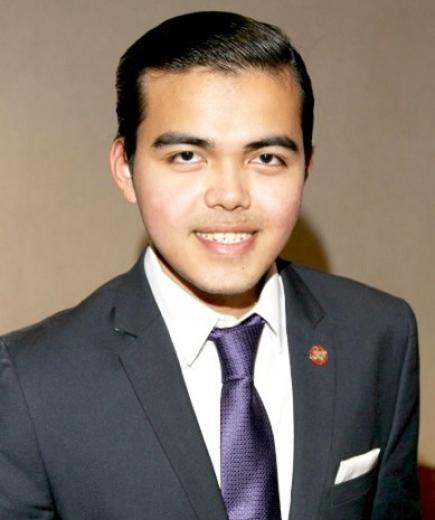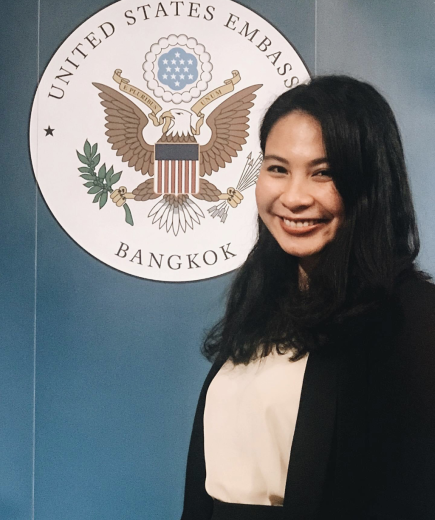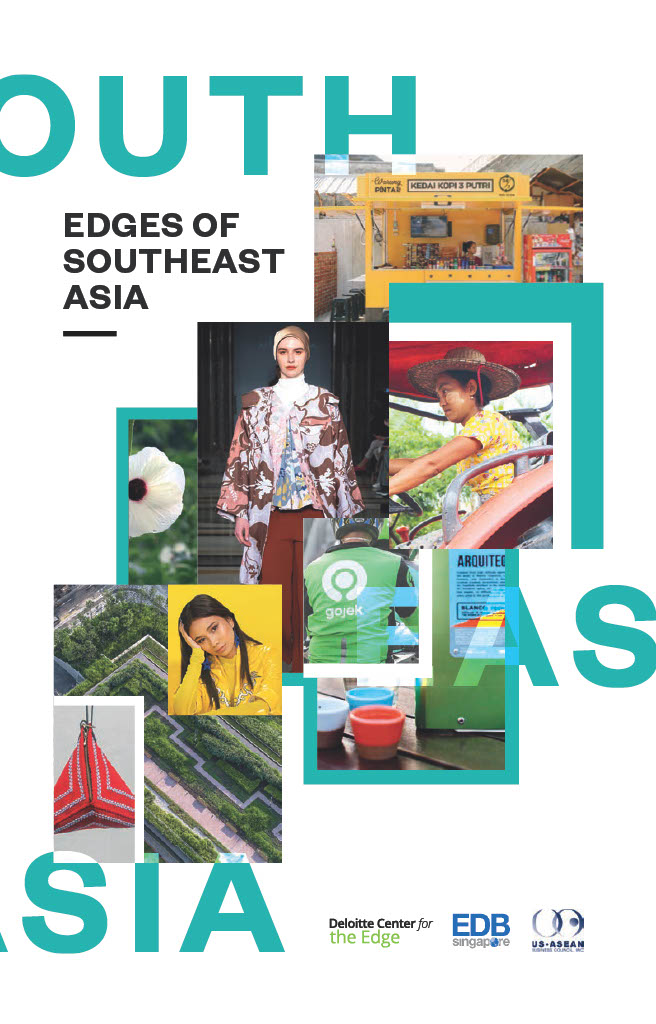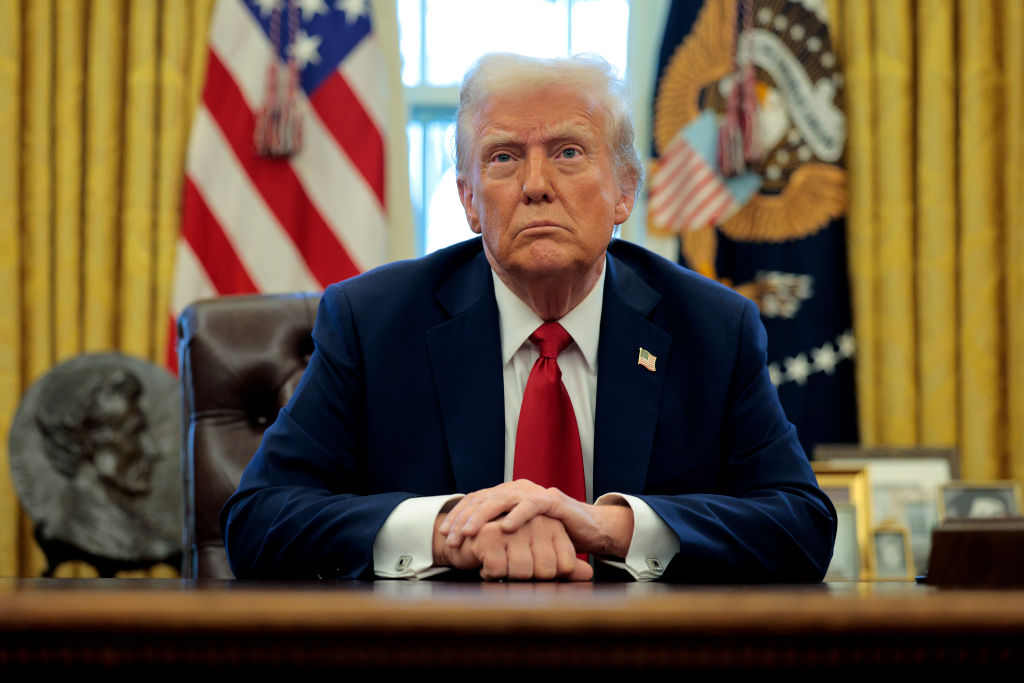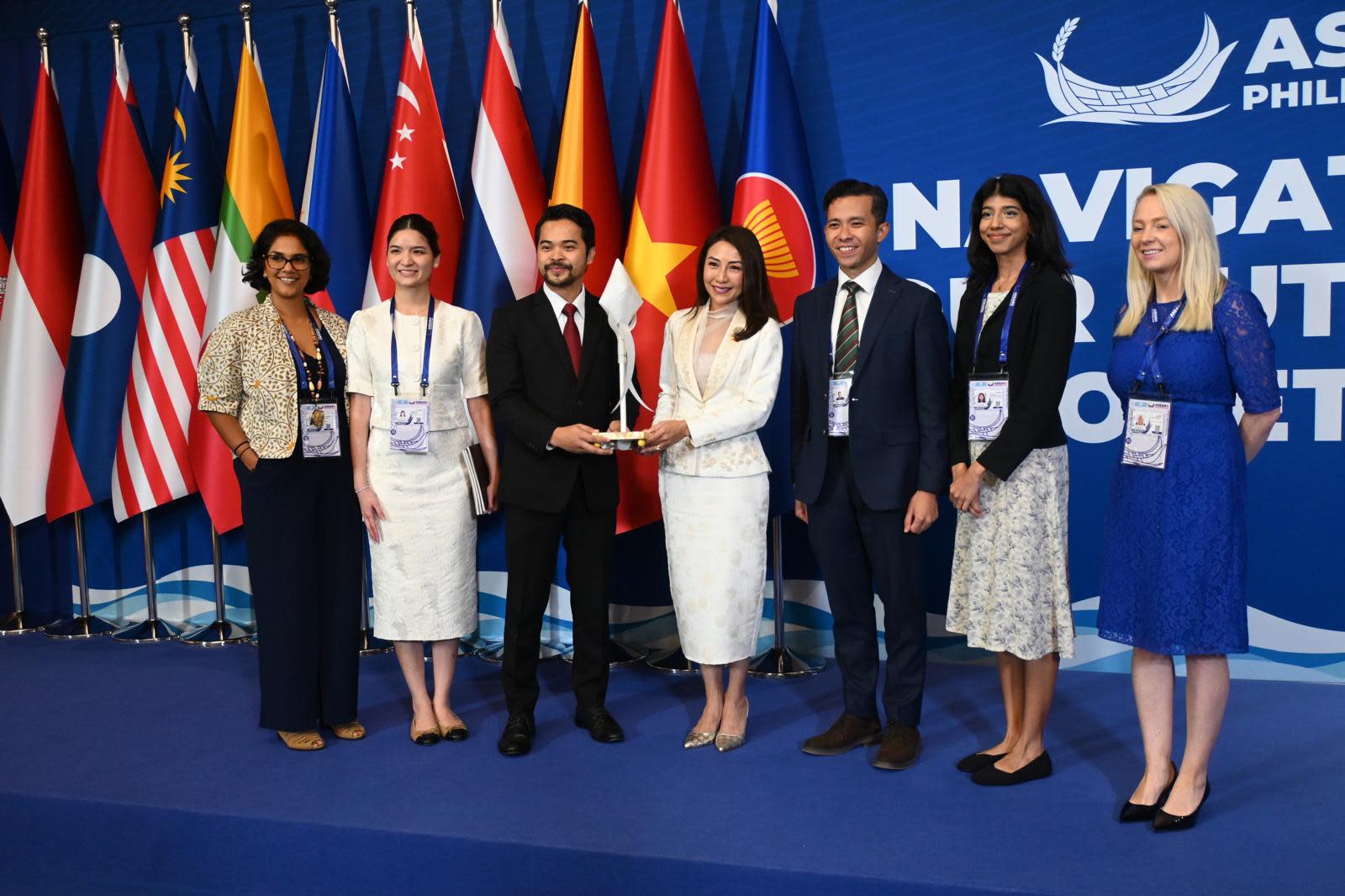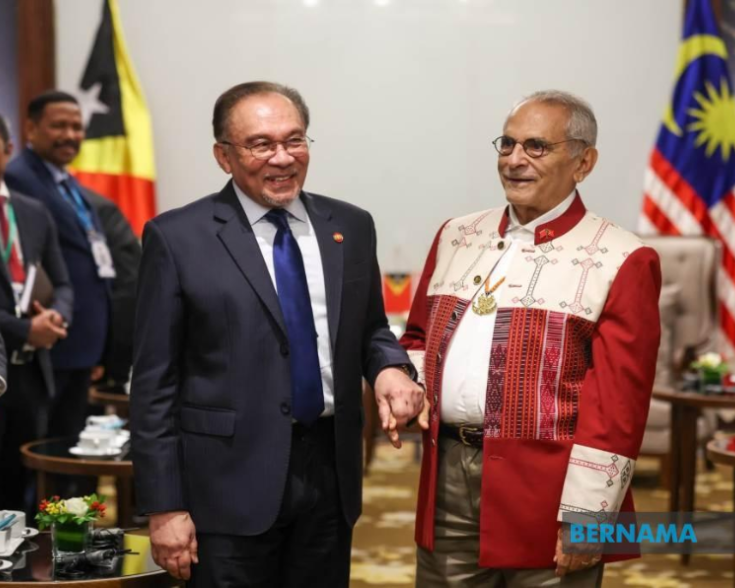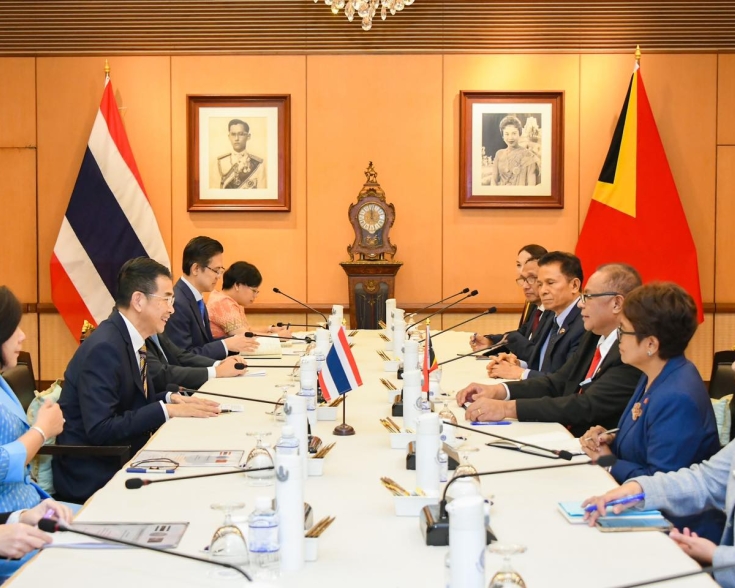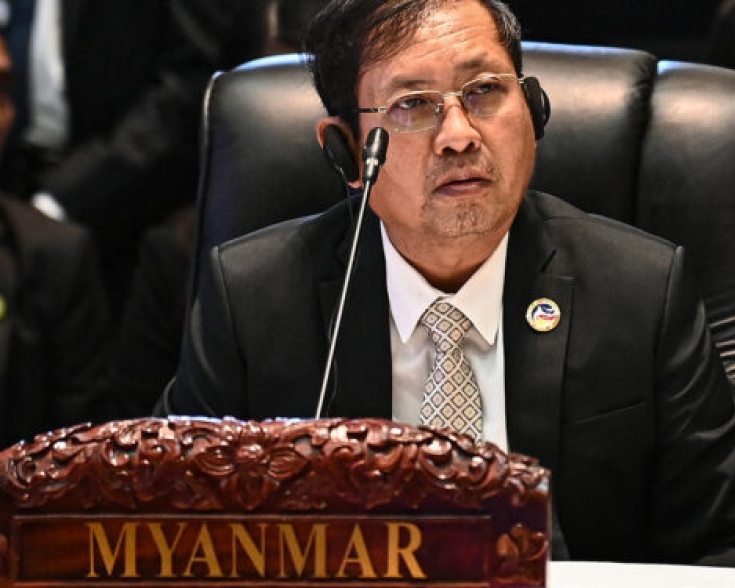Thailand’s Leadership Outlines Policy Priorities
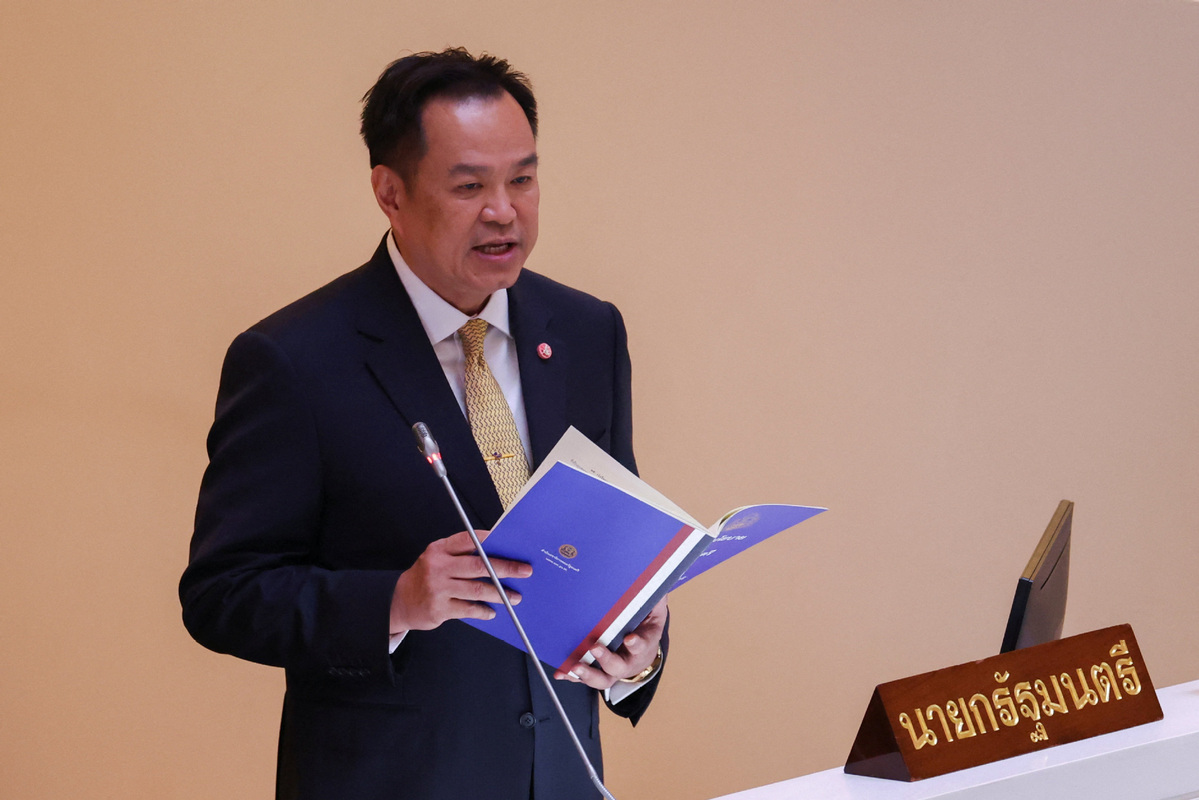
On September 29, Thailand’s new Prime Minister Anutin Charnvirakul presented his administration’s policy agenda before Parliament. The policies are grounded in four key priorities: economic recovery, national security, disaster management, and social policy.
On the economic front, the government introduced a range of measures aimed at easing the cost of living, addressing household debt and stimulating domestic tourism. Among many measures, the Prime Minister introduced a co-payment scheme allocating approximately 60 billion baht (US$ 1.7 billion) to assist over 33 million citizens across three groups, including state welfare cardholders, taxpayers, and non-tax system participants. This initiative, approved by the cabinet on October 7, is set to launch on October 29. Deputy Prime Minister and Finance Minister Ekniti Nitithanprapas states that this measure is expected to support the country’s economic growth by 0.3–0.4% in the final quarter of 2025. In addition, the Prime Minister also announced the establishment of a new “Team Thailand”, led by Commerce Minister Suphajee Suthumpun, to strengthen trade promotion and lead negotiations related to the reciprocal tariffs with the United States.
On disaster management, the government plans to expedite the development of early warning systems and invest in infrastructure to improve disaster preparedness and response. In the social policy space, the administration also reaffirmed its opposition to the legalization of gambling businesses as part of efforts to tackle social risks and transnational crime.
National security policies also featured prominently, with Prime Minister Anutin reaffirming a dual-track approach to managing border tensions along the Thai-Cambodian border through both diplomatic dialogue and military readiness. Echoing these domestic priorities on the international stage, Thailand’s Foreign Minister Sihasak Phuangketkeow delivered an address at the 80th United Nations General Assembly in New York on September 27 on Thailand’s foreign policy outlook. Minister Sihasak emphasized that the border conflict with Cambodia was “neither desirable nor in the interests of either side,” and that both nations are “part of the same ASEAN family.”
Despite the broad policy vision, the Anutin administration faces a limited window for implementation. The Prime Minister recently announced plans to dissolve Parliament by the end of January 2026, paving the way for a general election in March or early April. While a majority of Thais remain undecided on their preferred prime ministerial candidate, support for Prime Minister Anutin has doubled, rising from 9.6% to 20.44% in recent polls.
